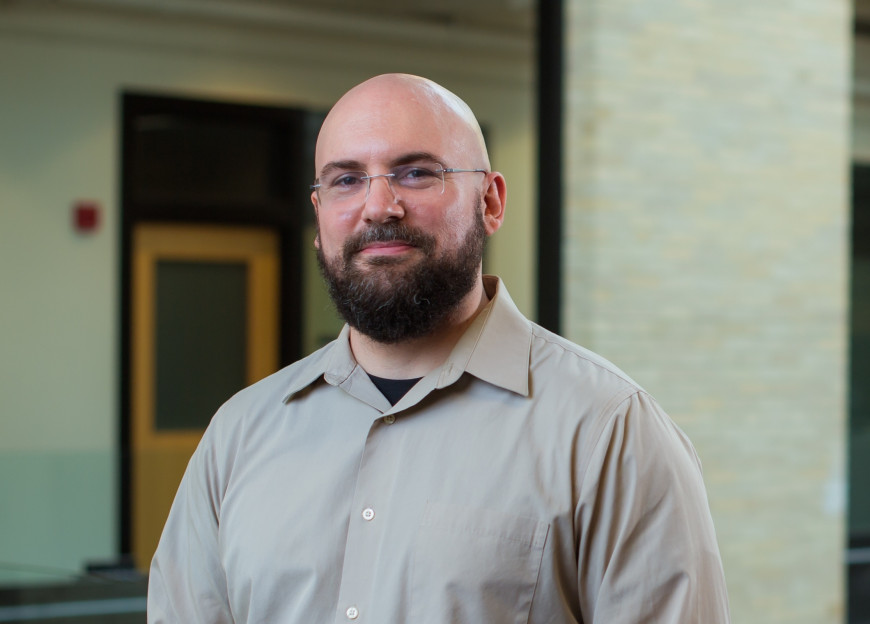Biography
Franco D. Rossi is an archaeologist interested in the ways materials and cultures shape each other. He received his PhD in Archaeology from Boston University and currently teaches at MIT about materials-based approaches to anthropological questions, with a focus on ancient technologies and sustainable city-building in archaeological perspective. Professor Rossi’s new project, exploring limestone as a sustainable building material, looks back to some of humankind’s oldest dwellings from Paleolithic southern Italy and provides a framework for thinking ahead toward their implications for surviving a planetary future.
Professor Rossi got his start working on collaborative archaeology projects in the Maya Biosphere of Guatemala, where he has served for many years as archaeologist, epigrapher, and co-director of Digital Humanities for Proyecto Regional Arqueologico San Bartolo-Xultun (PRASBX). In addition to his current collaborative work with the MIT Center for Materials Research in Archaeology and Ethnology (CMRAE), his current research also explores overlooked histories of archaeology and their role in larger histories of science.
Teaching
21A.500J/STS.075J
Technology and Culture
Examines the intersections of technology, culture, and politics in a variety of social and historical settings ranging from 19th-century factories to 21st-century techno dance floors, from Victorian London to anything-goes Las Vegas. Discussions and readings organized around three questionshttp://student.mit.edu/catalog/m21Aa.html#21a.501: what cultural effects and risks follow from treating biology as technology; how computers have changed the way we think about ourselves and others; and how politics are built into our infrastructures. Explores the forces behind technological and cultural change; how technological and cutural artifacts are understood and used by different communities; and whether, in what ways, and for whom technology has produced a better world.
21A.501J/STS.074J
Art, Craft, Science
Examines how people learn, practice, and evaluate traditional and contemporary craft techniques. Social science theories of design, embodiment, apprenticeship learning, skill, labor, expertise, and tacit knowledge are used to explore distinctions among art, craft, and science. Also discusses the commoditization of craft into market goods, collectible art, and tourism industries. Ethnographic and historical case studies include textiles, Shaker furniture, glassblowing, quilting, cheesemaking, industrial design, home and professional cooking, factory and laboratory work, CAD/CAM. Demonstrations, optional field trips, and/or hands-on craft projects may be included. Students taking graduate version complete additional assignments.
21A.503J/3.986J
Humans and the Past: Introduction to Archaeology
From an archaeological perspective, examines ancient human activities and the forces that shaped them. Draws on case studies from the Old and/or New World. Exposes students to various classes of archaeological data, such as stone, bone, and ceramics, that help reconstruct the past.
